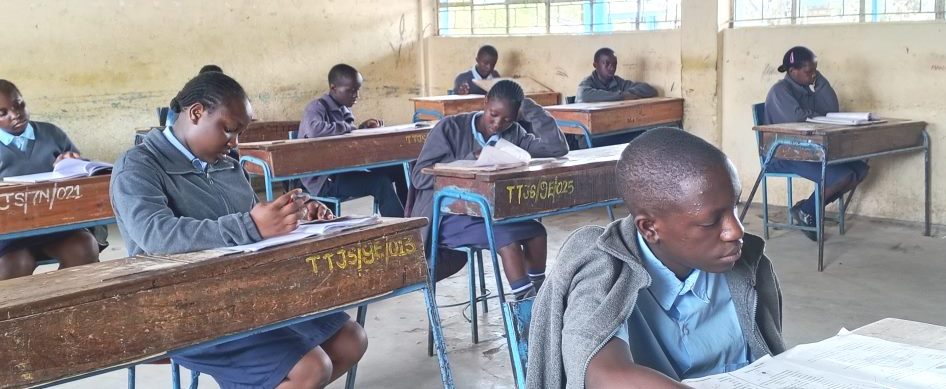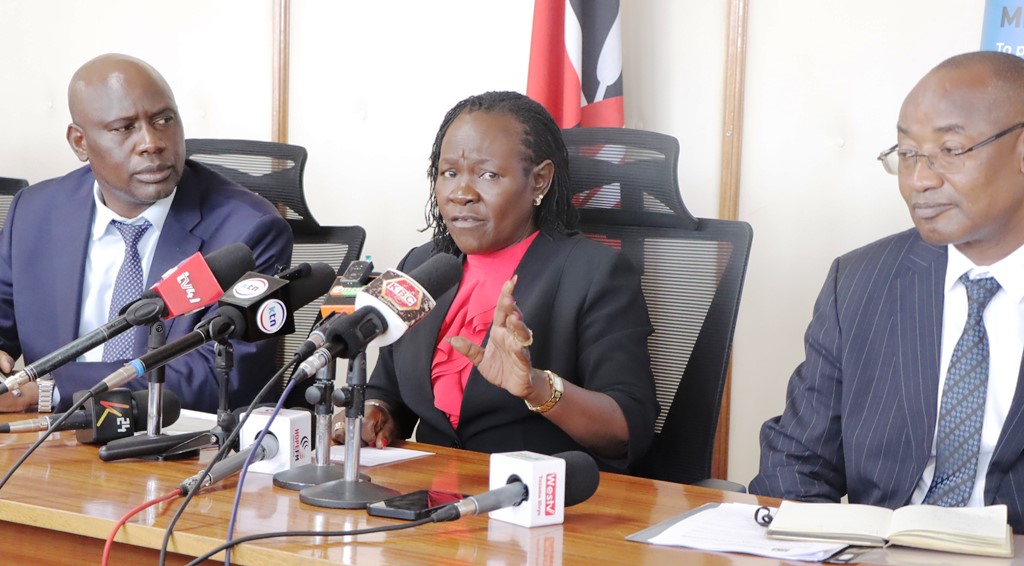In today’s rapidly evolving educational landscape, the arts often face marginalisation in favour of subjects. However, drama and music play a crucial role in fostering holistic development and should be encouraged in schools.
Drama and music are not merely co-curricular activities; they are vital components of a well-rounded education. Participation in these arts nurtures creativity, critical thinking, and emotional intelligence. Through drama, students explore various perspectives, enhance their empathy, and develop communication skills.
Performing arts allow them to step into different roles, understanding complex characters and narratives, which broadens their worldview and promotes tolerance and understanding.
Music education offers a plethora of cognitive benefits. Studies have shown that learning to play an instrument or engage in musical activities boosts memory, improves mathematical skills, and enhances spatial-temporal reasoning. Music also serves as an emotional outlet, providing students with a medium to express their feelings and cope with stress. Group performances, such as choirs or bands, teach collaboration and discipline, as students must work together to create harmony and rhythm.
Moreover, drama and music can significantly improve academic performance. Schools with strong arts programmes often report higher student engagement and lower dropout rates.
READ ALSO:
Pain for Vihiga ECDE teachers as county withhold their salaries since January
The arts cultivate a sense of discipline and commitment, skills that are transferable to other academic pursuits. Furthermore, these activities can spark a lifelong passion, leading to careers in the arts and enriching the cultural fabric of society.
Encouraging drama and music in schools also addresses the diverse learning styles of students. Not all students excel in traditional classroom settings; some thrive in creative environments where they can learn through doing and expressing. By providing a platform for all students to shine, schools can foster a more inclusive and supportive educational environment.
In conclusion, integrating drama and music into the school curriculum is not just beneficial but essential. These disciplines develop critical life skills, enhance academic performance, and cater to diverse learning needs. By prioritising the arts, schools can ensure a well-rounded, enriching education for all students, preparing them for a dynamic and interconnected world.
Tonny Kyule,
Kyule is a Rongo University student in Migori county
You can also follow our social media pages on Twitter: Education News KE and Facebook: Education News Newspaper for timely updates.
>>> Click here to stay up-to-date with trending regional stories






